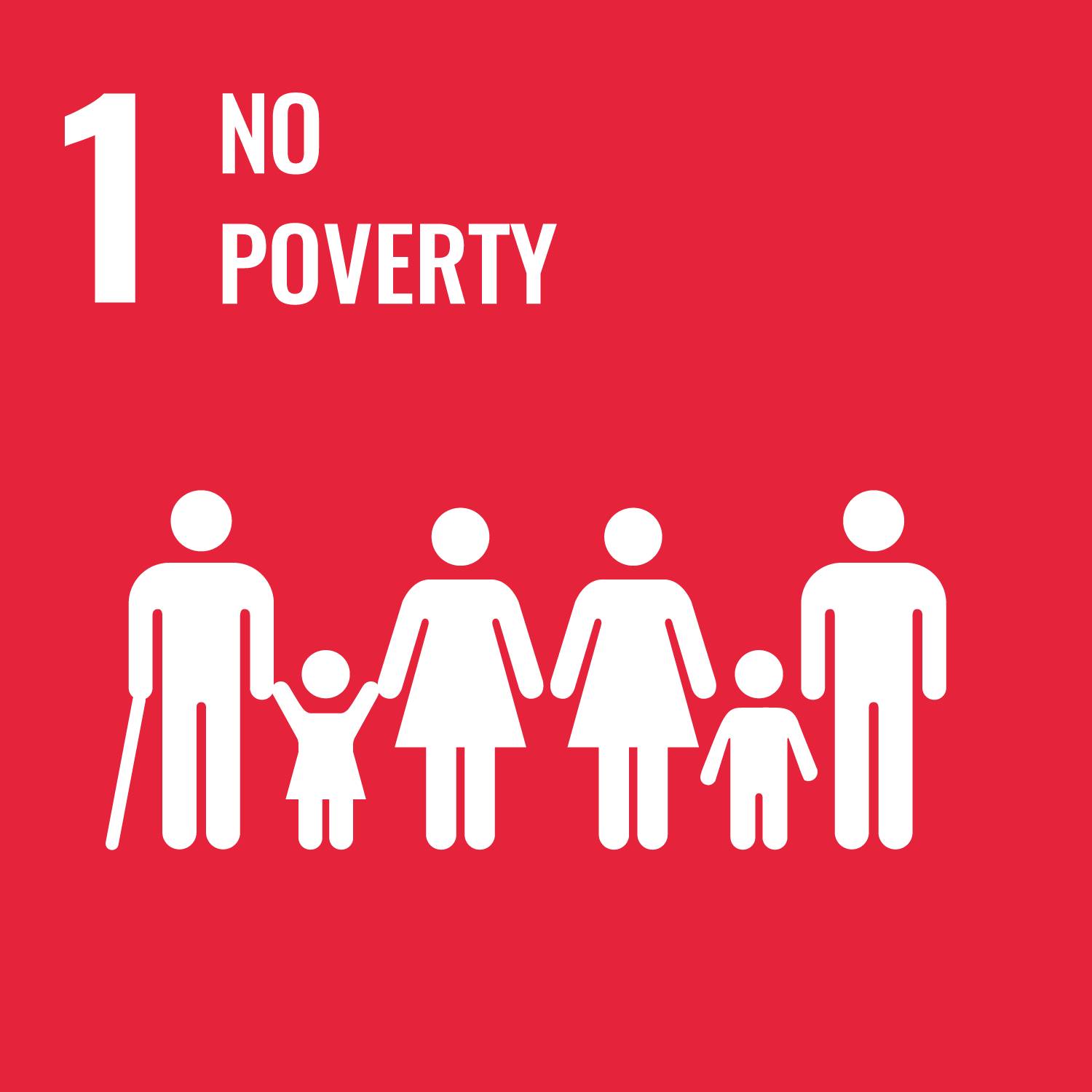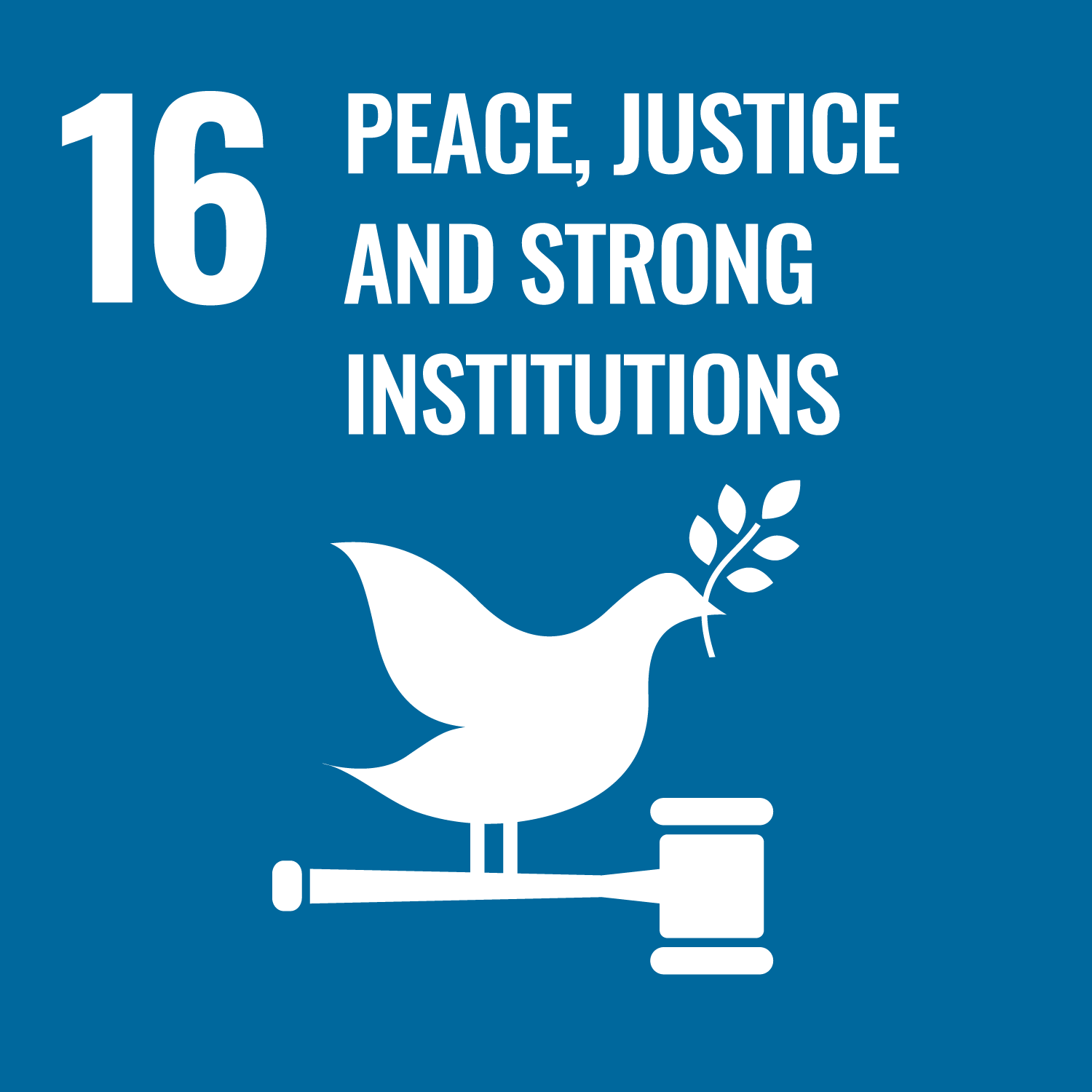This article considers the legal protection and overall safety for the LGBTQI+ community in the 16 sovereign states and 16 dependent states and territories of the Caribbean. The report found that, on the whole, the LGBTQI+ community continues to face legal, religious and social discrimination across the region. This takes the form of, especially in English-speaking countries, laws against same-sex sexual intimacy; against ‘wearing the dress of the opposite sex’ (Guyana); high rates of homelessness, unemployment, violence and discrimination against LGBTQ people across the region; religious intolerance against the LGBTQ community; but. that a growing movement for the promotion of LGBTQ rights is advocating for change across the region.
The report found that HIV prevention work has been the primary entry point for LGBTQ issues and advocacy, but that this is changing. Some activists said they were concerned that as more governments are seen to be more tolerant of LGBTQI+ issues, international funding for advocacy in this space will dry-up.
Importantly, this report considers the impacts of state sovereignty on progress and ability to create change in the LGBTQ rights space, noting that ‘legal and policy change is more likely to occur in sovereign states.’








